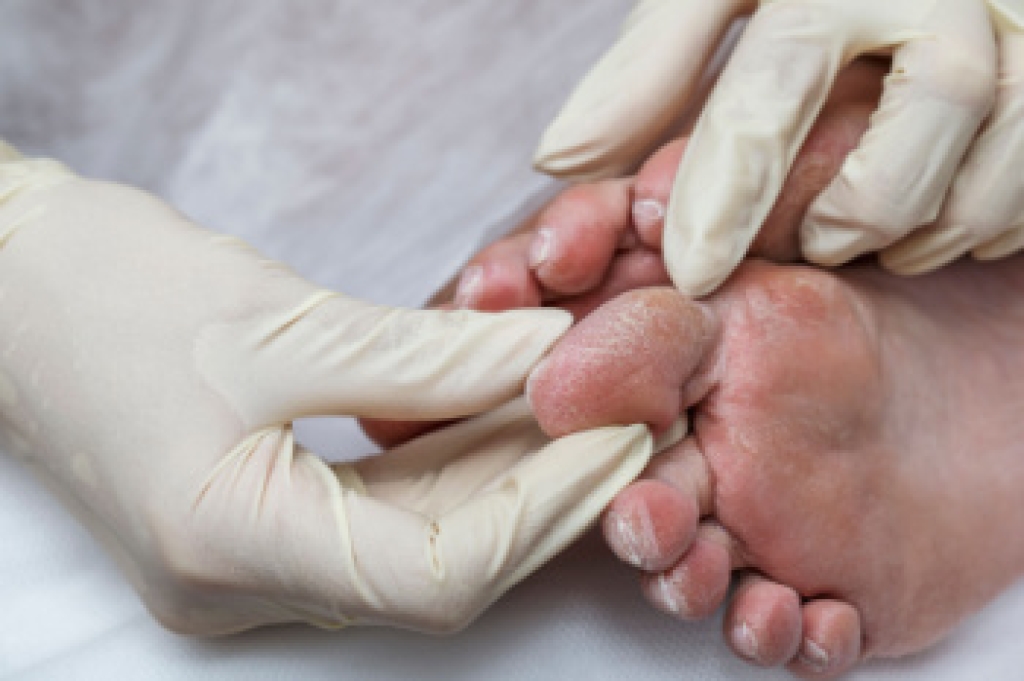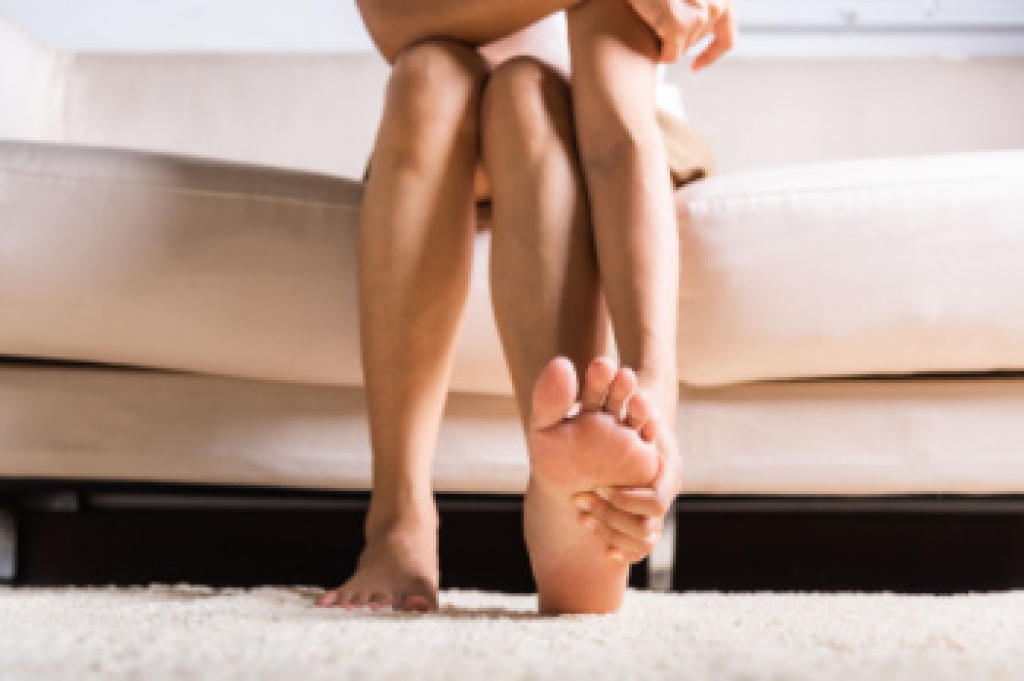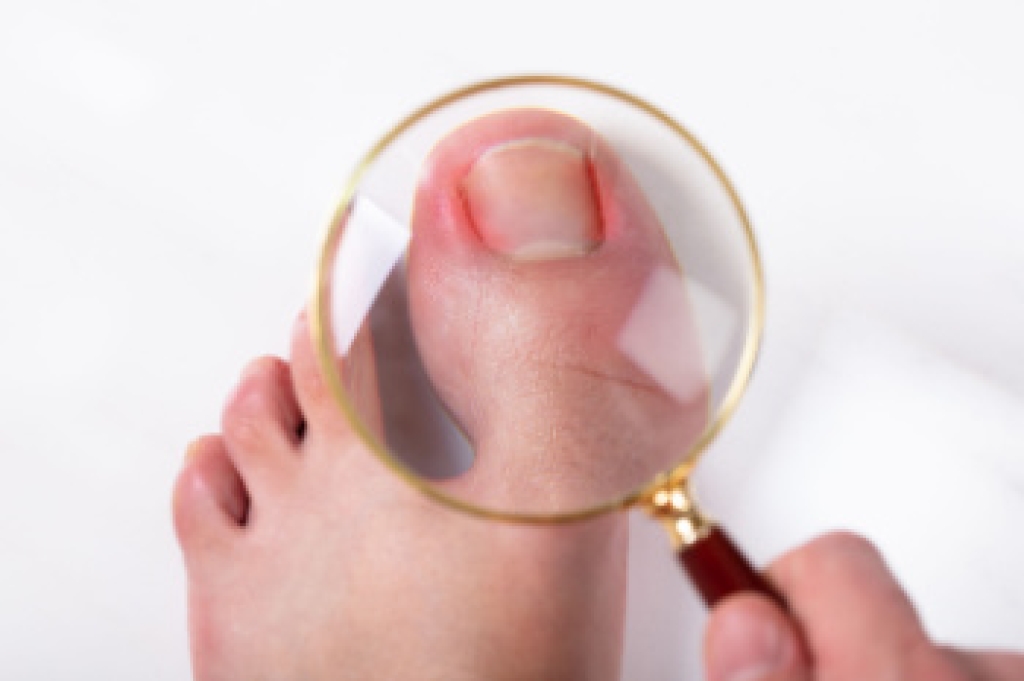
Choosing the right shoes is essential for retail workers who spend much of the day standing and walking. Proper fit is the most important factor, as shoes that are too tight or too loose can lead to pain, blisters, and fatigue. Trying shoes on at the end of the day can help ensure they accommodate natural foot swelling. Arch support is also critical, as it helps distribute pressure evenly and reduces strain on the feet, ankles, and lower legs. Cushioned soles and supportive materials can improve comfort throughout long shifts. A podiatrist can assess foot structure, identify problem areas, and recommend appropriate footwear or custom orthotics to enhance support and reduce discomfort. If you have foot pain at work, it is suggested that you consult a podiatrist for personalized guidance and expert care.
While working on the feet, it is important to take the proper care of them. For more information about working on your feet, contact Rahil Baxamusa, DPM from Illinois. Our doctor will treat your foot and ankle needs.
Working on Your Feet
Standing on your feet for long periods of time can cause stress and pain in your feet. Your whole body may experience change in terms of posture, back pain, bunions, callouses and or plantar warts. There are ways to avoid these conditions with proper foot care, smart choices and correct posture.
Positive Changes
Negative heeled shoe – Choosing this shoe type places the heel slightly lower than the ball of the foot. These are great for overall foot health. Find shoes that fit you correctly.
Go barefoot – Our feet were not designed to be enclosed for all hours of the day. Try to periodically expose your feet to air.
Eliminate Pain
Foot Exercises – Performing simple exercises, incorporating yoga and doing stretches are beneficial. This will allow increased blood flow to the area and muscles of the foot.
Achilles tendon – Stretching the foot out flat on the floor will relax the calf muscles and tendon. These exercises can be performed almost anywhere. Make sure you add these exercises to your daily regimen.
With a little bit of this information and knowing more about foot health, you will notice changes. Foot stretches and proper footwear will help with pain and prevent further issues.
If you have any questions please contact our office located in Crystal Lake, IL . We offer the newest diagnostic and treatment technologies for all your foot and ankle needs.




